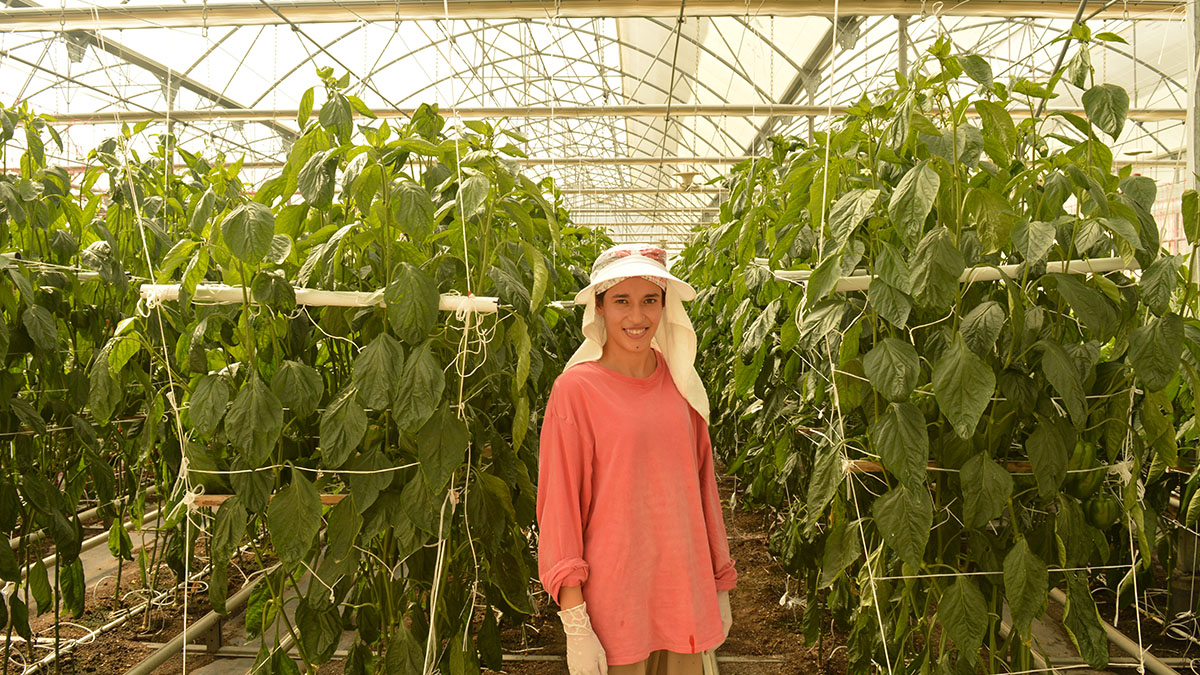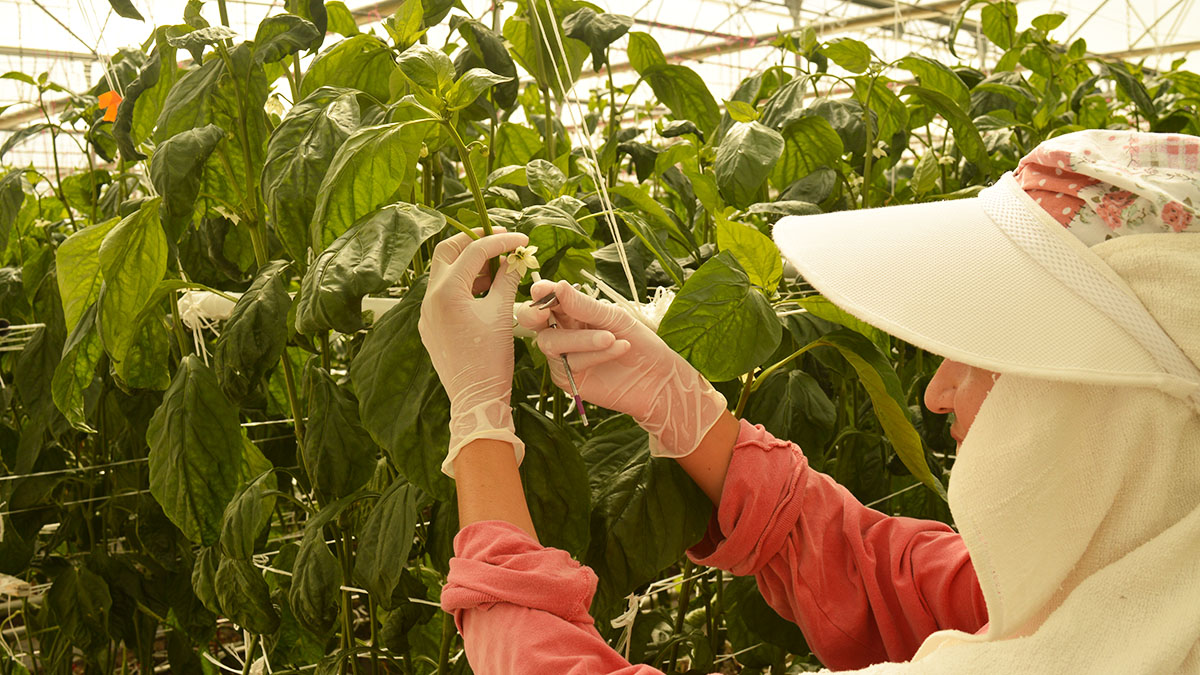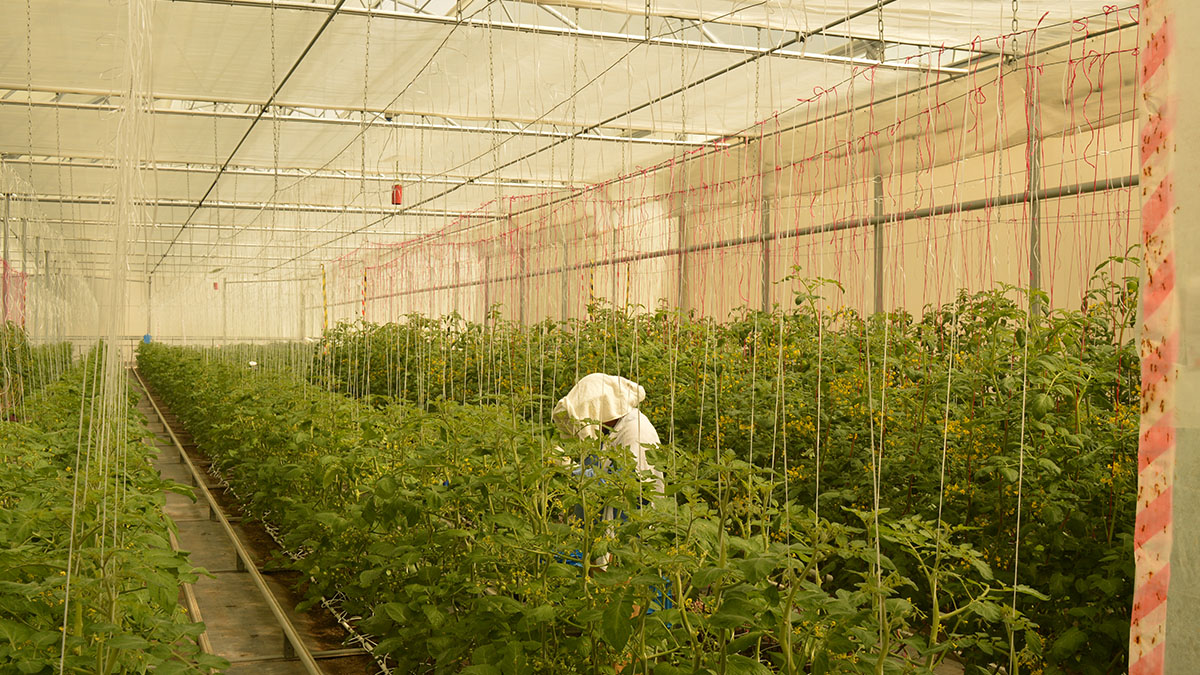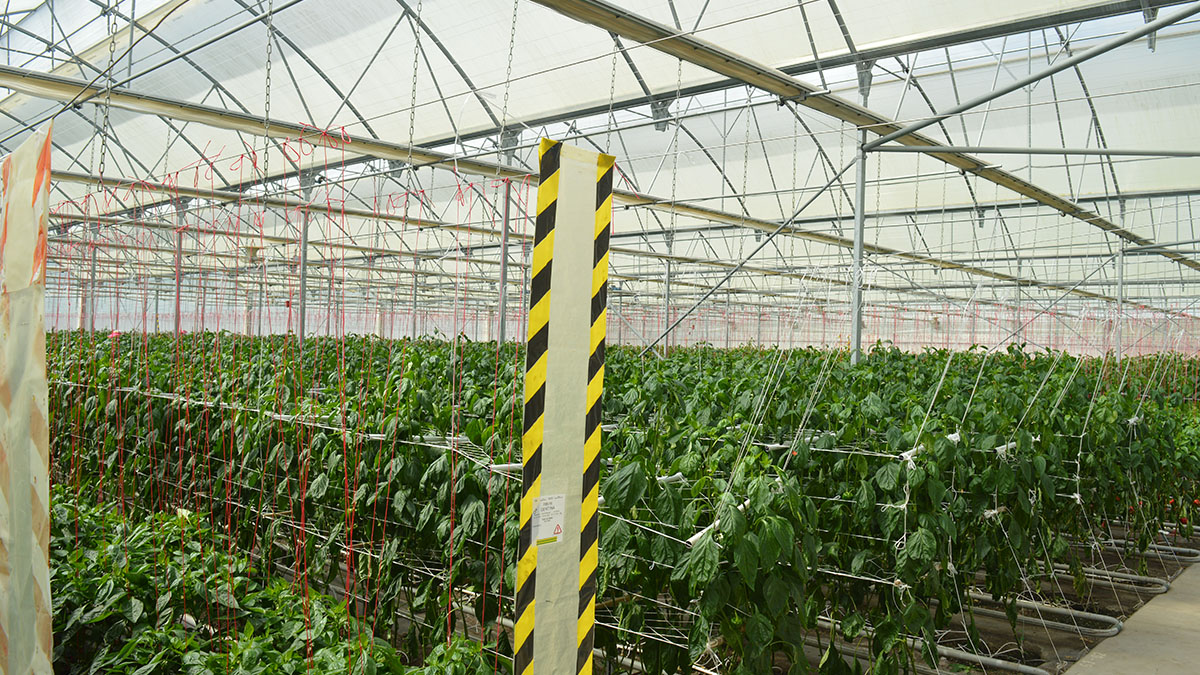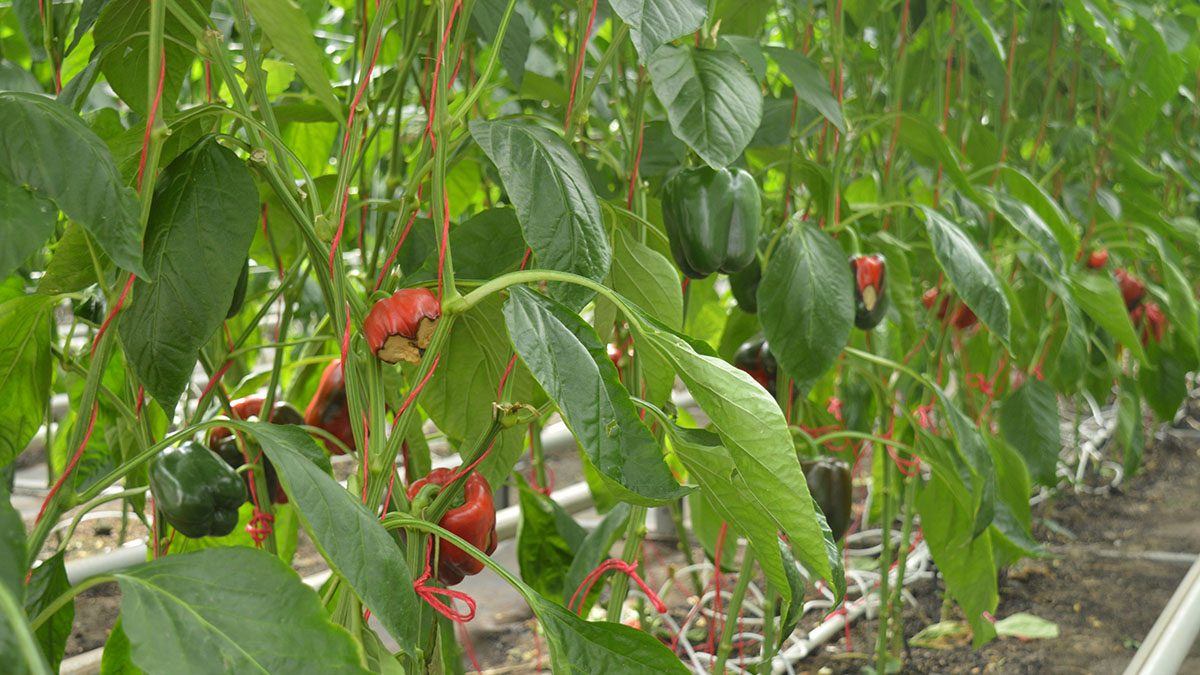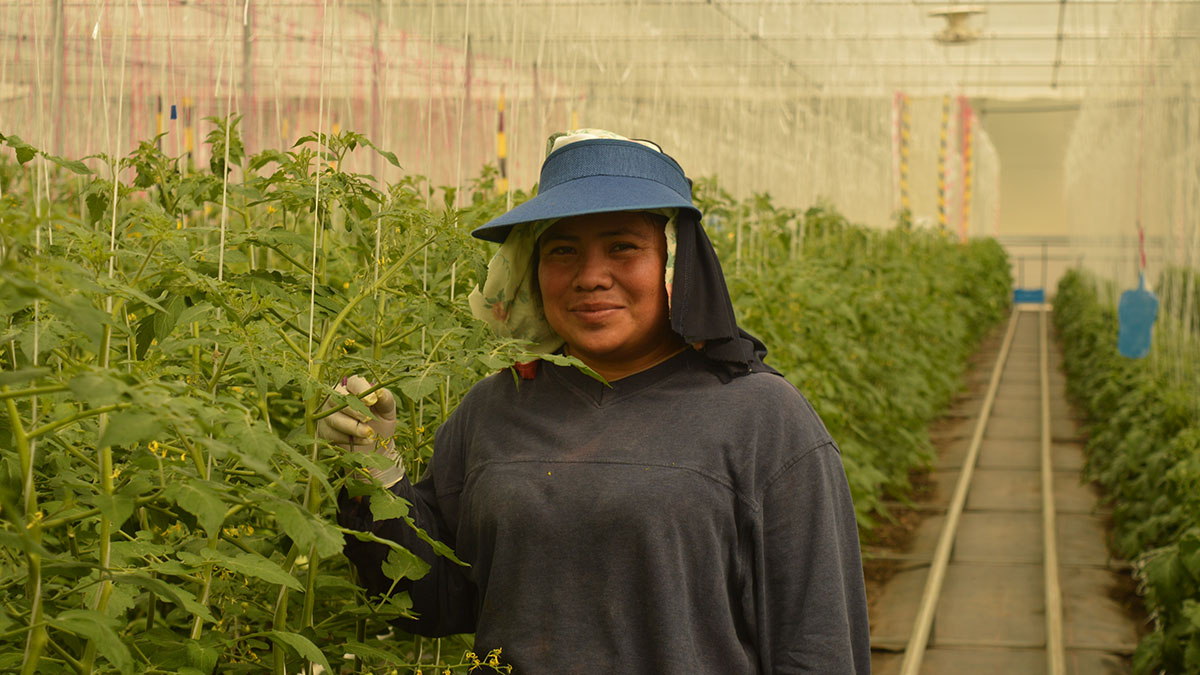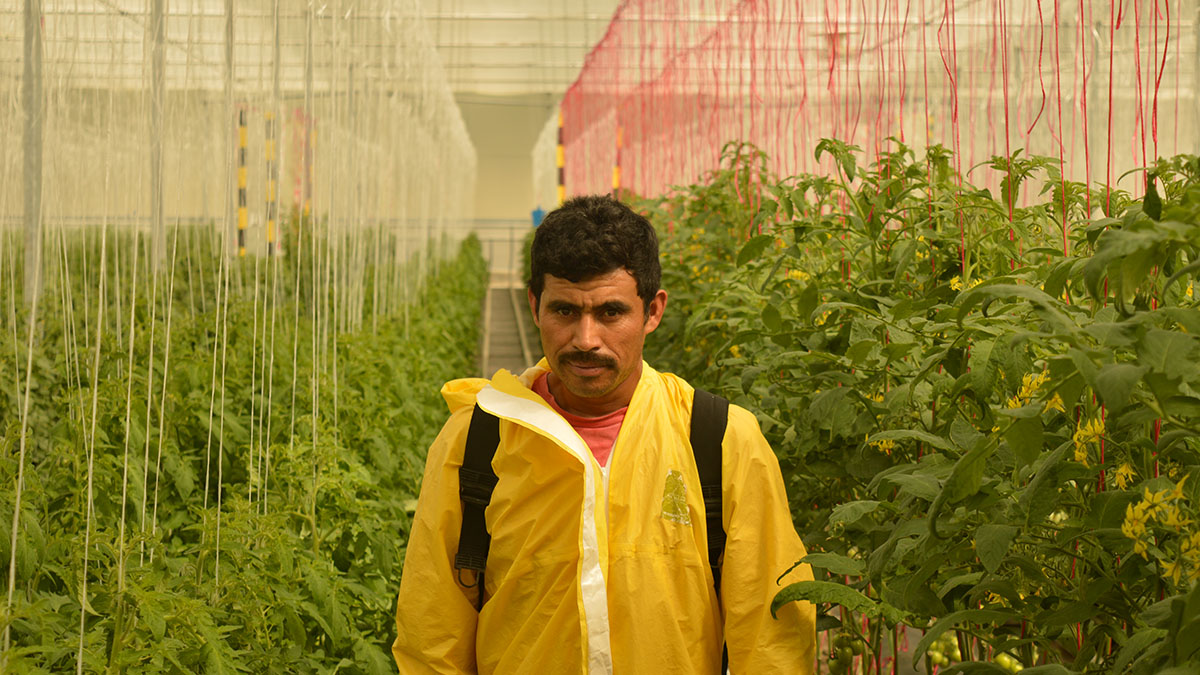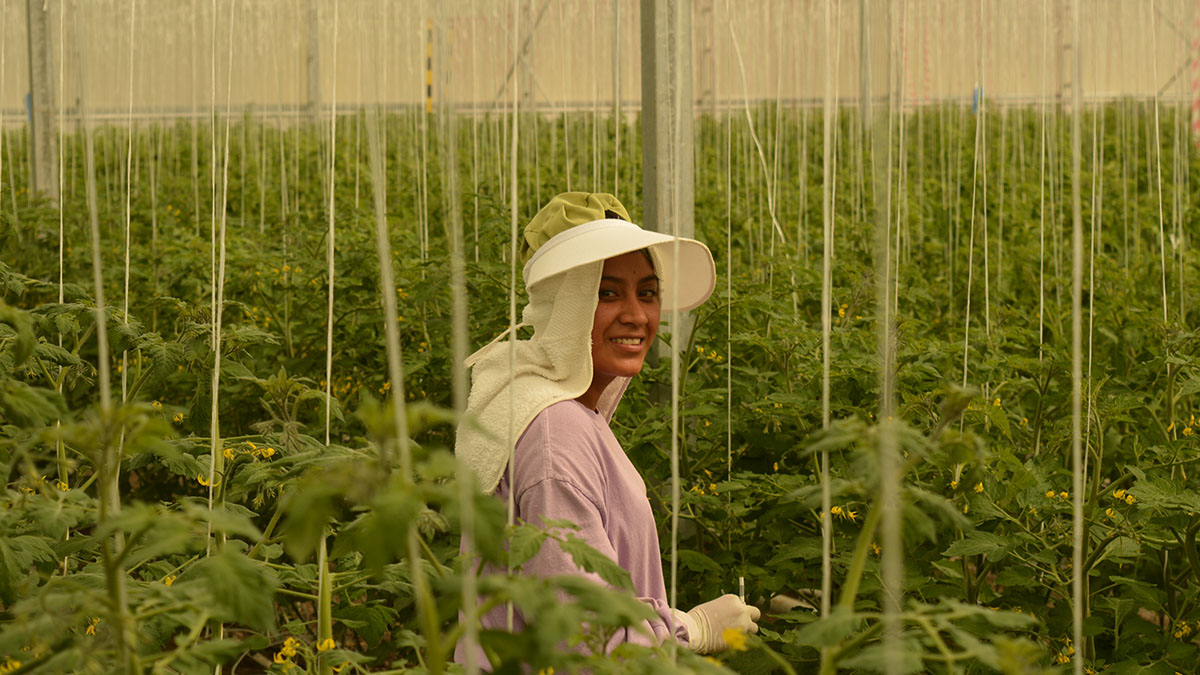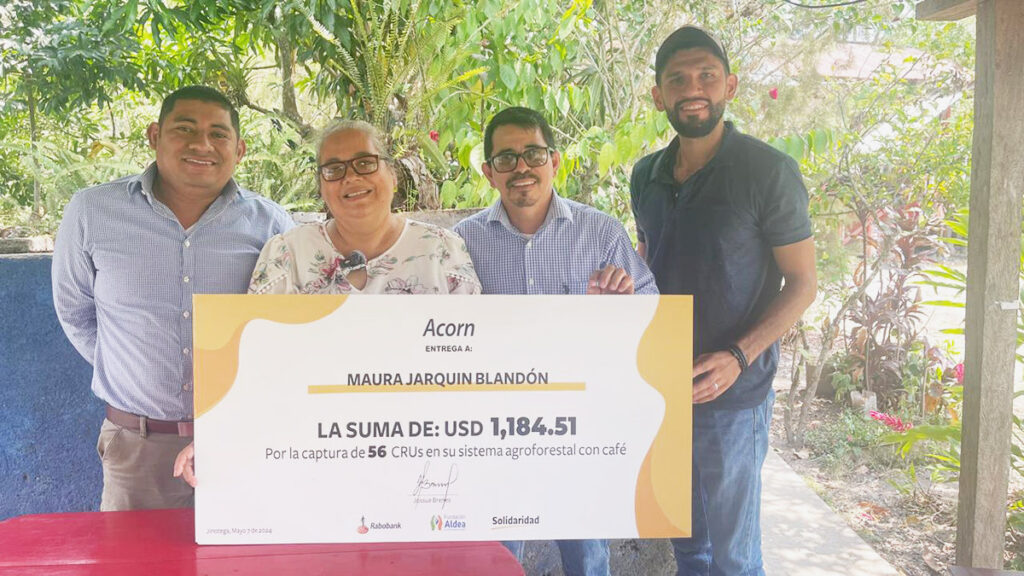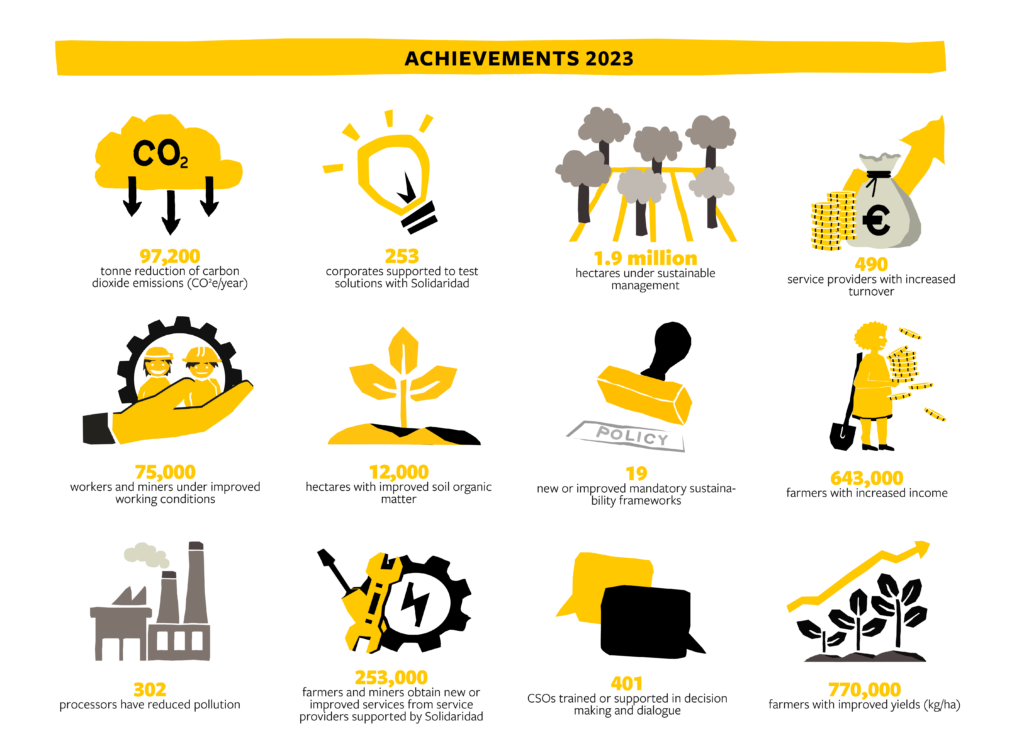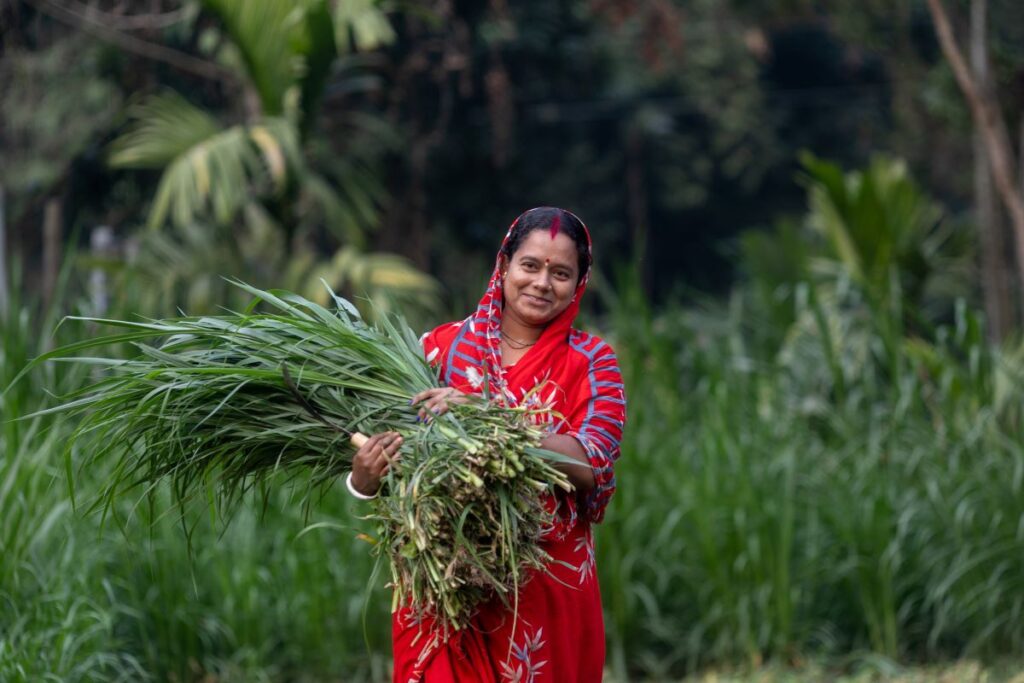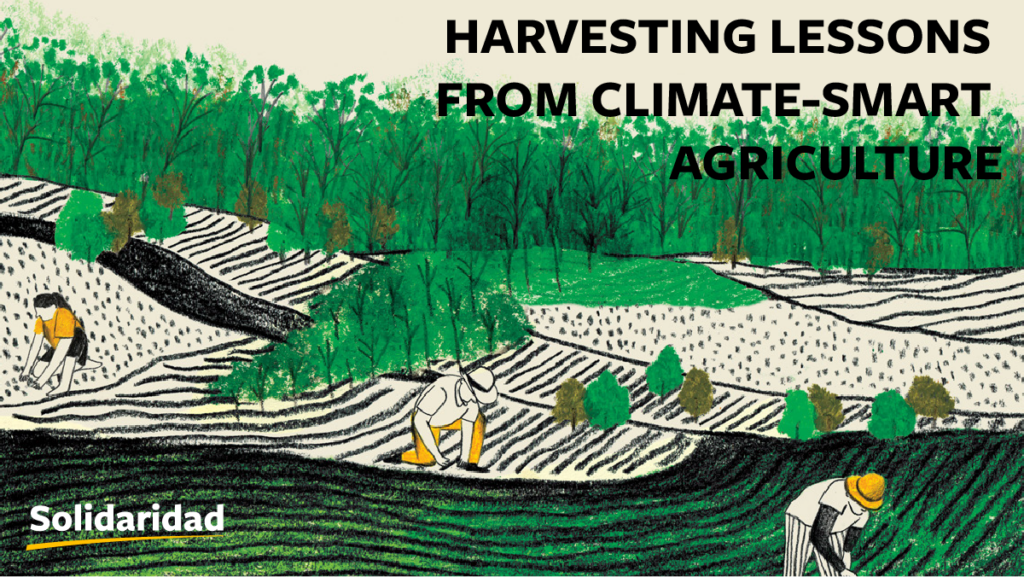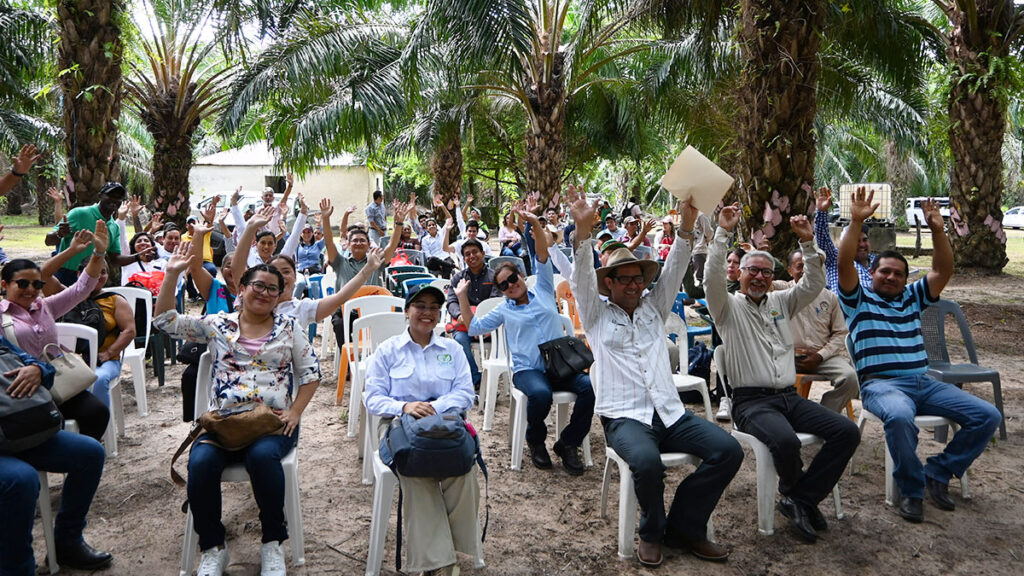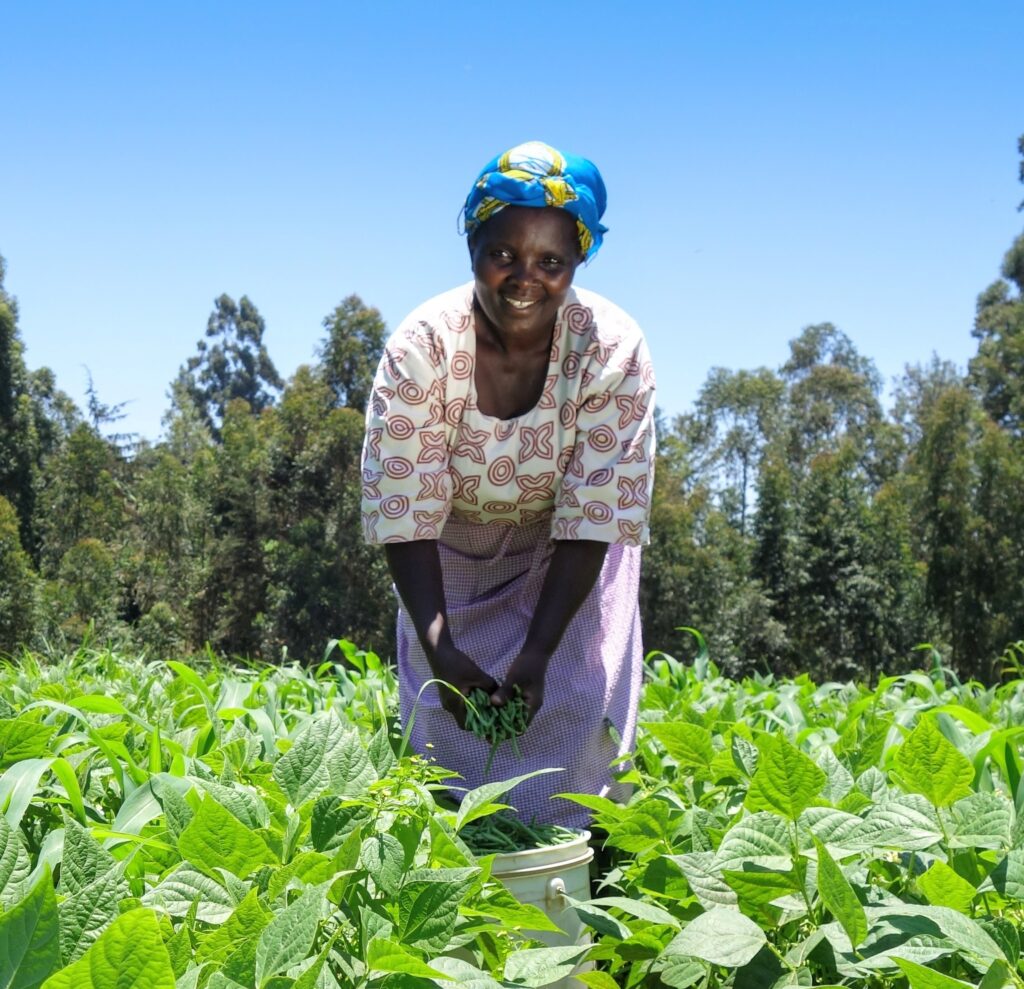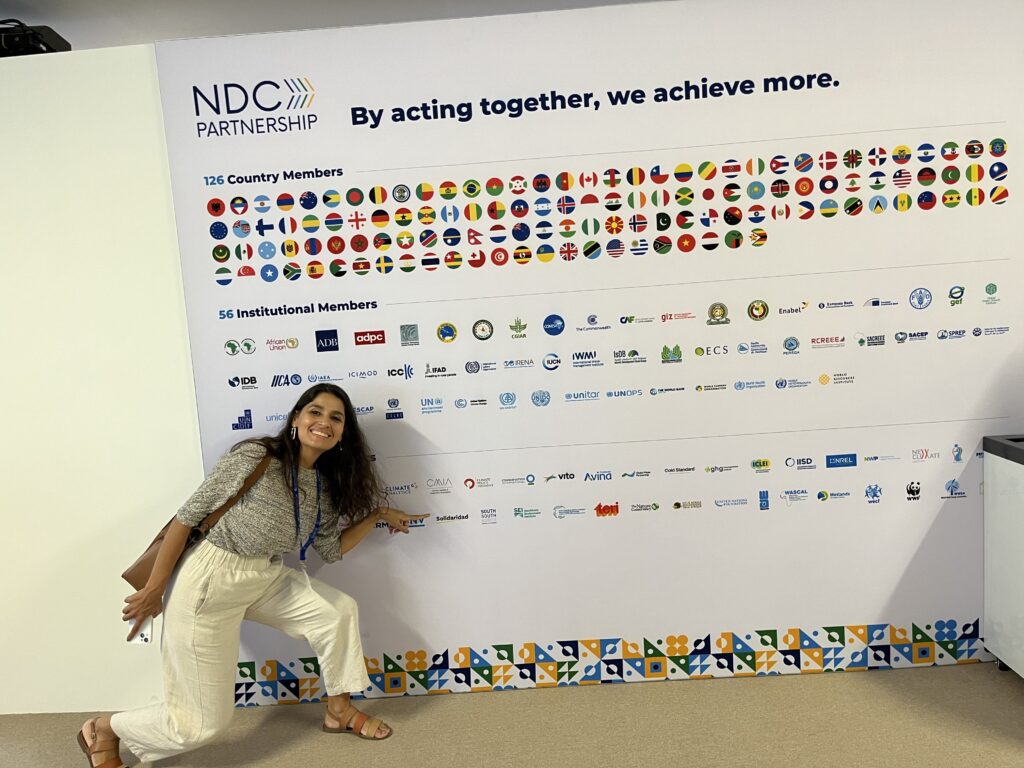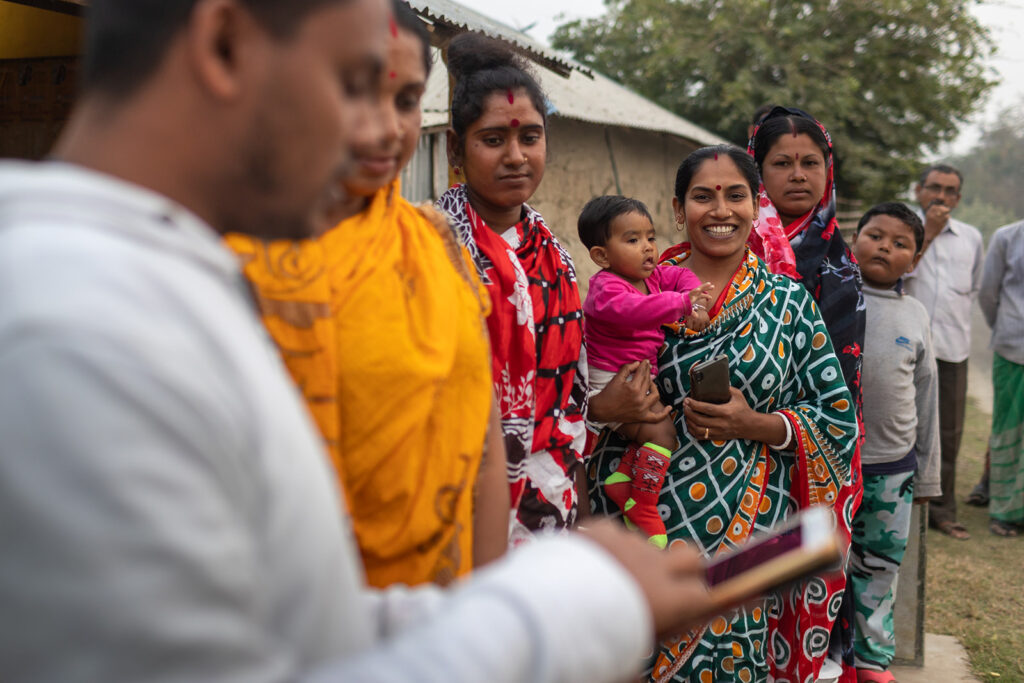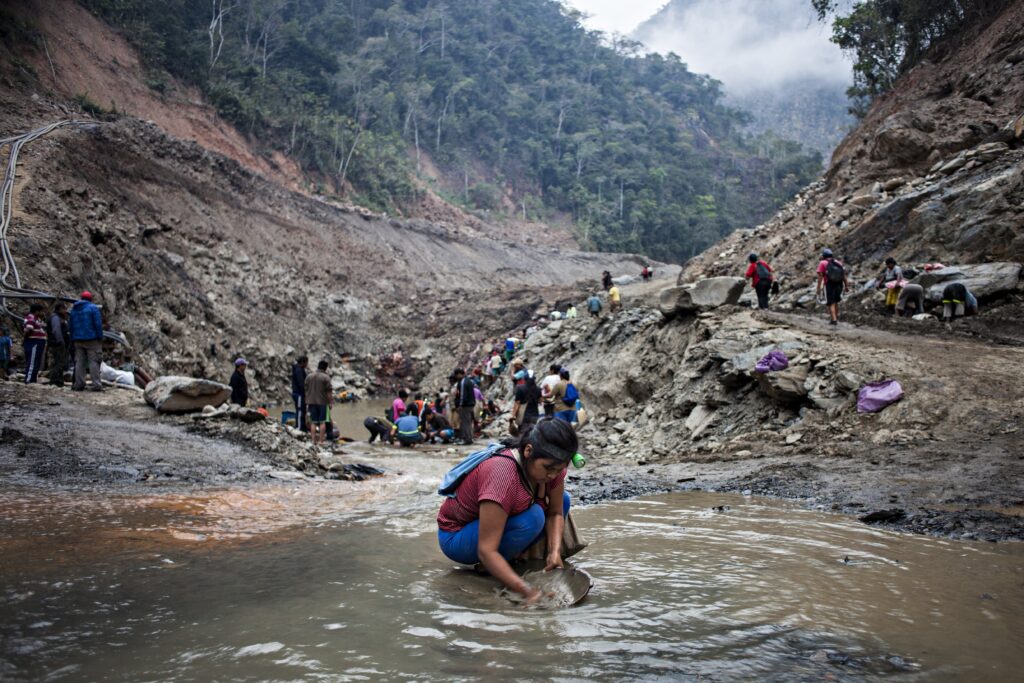Working in partnership with Syngenta
Syngenta is an important global player in the agri-food chain in terms of fruits, vegetables, seeds and inputs. In previous years, Solidaridad has worked in partnership with Syngenta in Kenya and in Paraguay. For this project, we teamed up once again to assess the labor practices of two Syngenta seed suppliers, one located in Honduras and one in Guatemala.
“We are one of Syngenta’s preferred partners as we have always presented them with objective and reliable results for decision-making and supply chain improvement,” said Patricia Gómez, Regional Coordinator Impact and Quality, Solidaridad.
Focusing on sustainability and “decent work” for smallholders
Many companies are committed to generating sustainable business through strategies and operations based on acting responsibly, respecting human rights, and being in compliance with national and international laws and codes of conduct.
“Solidaridad supports Syngenta by identifying its suppliers’ level of Fair Labor policy compliance and presenting an improvement proposal that benefits both the company and its collaborators,” said José Luis López, Country Manager for Solidaridad in Guatemala.
Syngenta, like Solidaridad, is committed to sustainability and decent work as can be seen in the following actions:
- It is a member of the United Nations Global Compact to meet the Sustainable Development Goals.
- It has implemented its Good Growth Plan as a central element of its strategies for crop protection and seed businesses.
- It has created the Syngenta Fair Labor Program with the purpose of overseeing that its collaborators, subsidiaries, and business partners comply with fair labor standards.
“In Central America, Syngenta chose Solidaridad as a strategic partner, trusting to analyze and approach its suppliers,” says José Luis López. “This collaboration is of the utmost importance for Syngenta as it assesses Fair Labor policy implementation by its suppliers, strengthening sustainability throughout its chain,” he adds.
Collecting objective, reliable, and transparent information
For this project – Assessment of Syngenta’s vendors regarding Labor Standards Compliance – we analyzed the links between the supply chain and the national and international regulations on decent working conditions. In conjunction with Syngenta, we then created an information-gathering structure based on the Fair Labor policy’s nine dimensions, to collect objective data at the seed supplier’s different operational levels.
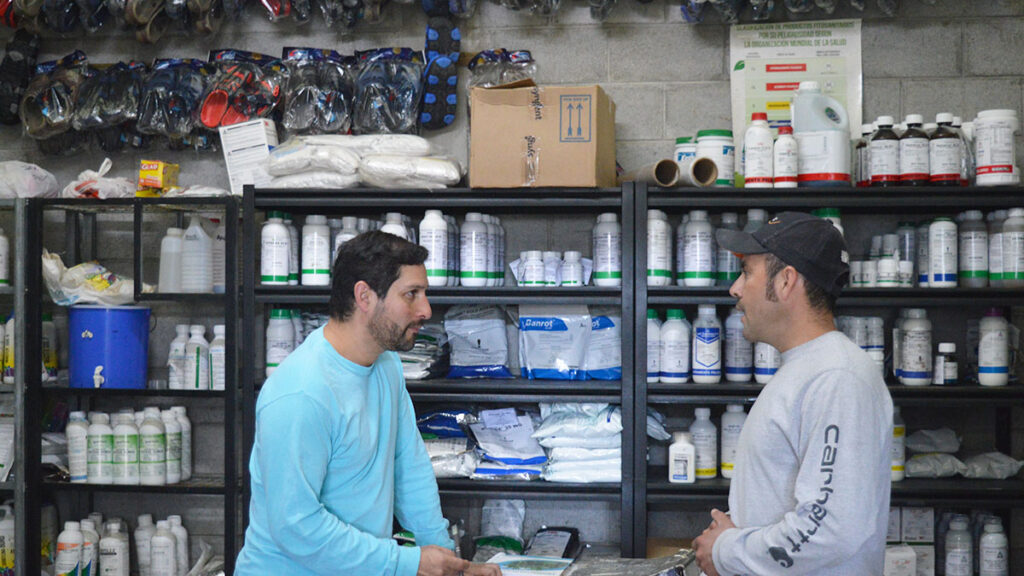
“We cross-referenced the questionnaire with each country’s national legislation to assure the compliance with national decent work frameworks,” says José Luis López.
First, we obtain consent from both the company and the workers, clarifying that they had the right to choose whether to respond or not and that their participation was anonymous. Data was then collected from the managerial/administrative and operational segments, including the substantiated presence of a lack of compliance and decent work indicators.
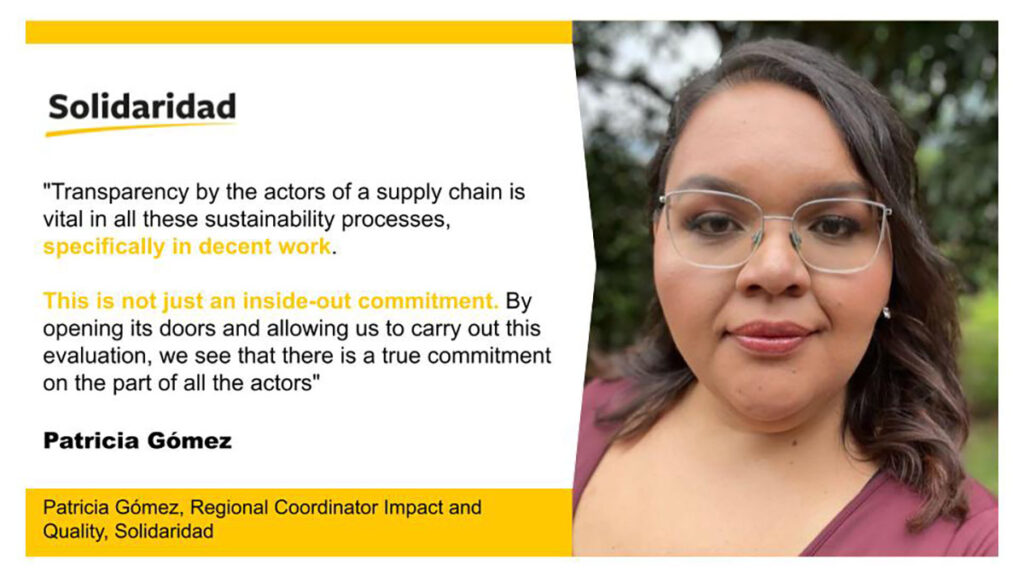
From this analysis, suppliers now have guidance on how to close their gaps while improving on decent work, further supporting sustainability and responsibility in Syngenta’s seed chain and helping the regional food production workforce.
Digital tools to effectively assess the working conditions of smallholders
Solidaridad optimized time and resources by using technology to collect and analyze results while reducing biases in handling large amounts of data. According to Patricia, one of the advantages of using digital tools is that they allow “systematizing, analyzing, compiling, and having access to information in real-time. Thus, decision-making is optimized to improve working conditions.”
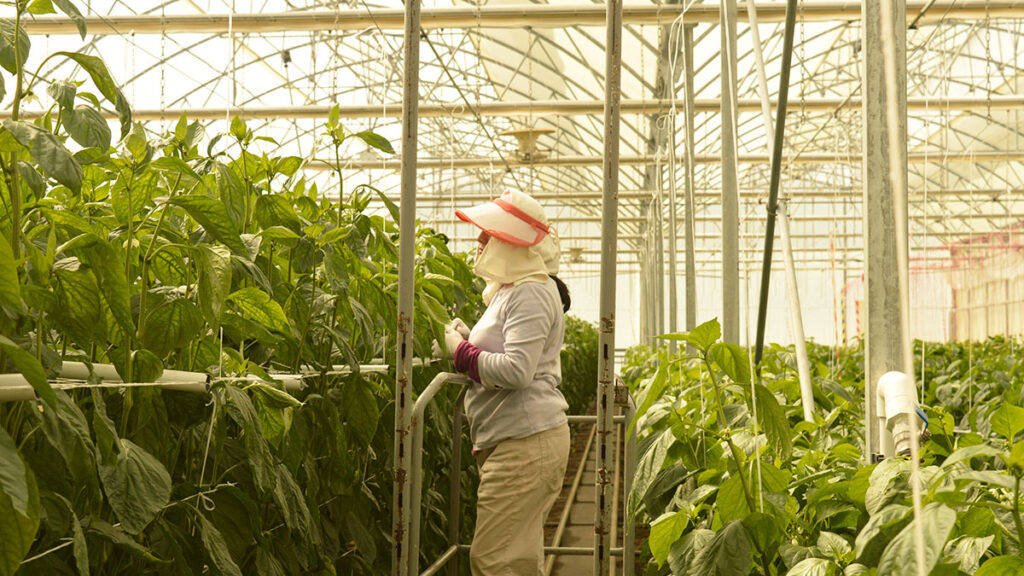
“Digital tools are vital as they allow the different actors to make decisions more efficiently and with the necessary information. The tool we developed for this project is robust and meets the expectations of both Solidaridad and Syngenta,” said Patricia.
The questionnaire, through the digital tool, addressed the following key points:
- Labor relations and complaint and grievance mechanisms
- Non-discrimination
- Freedom from harassment or abuse
- Forced labour and child labour
- Freedom to form a labor union
- Occupational health and safety
- Compensation
- Working hours
- Compliance with the Fair Labor Code
Collaborating to achieve sustainability and improve working conditions in different sectors
“This partnership with Syngenta is very important, as it allows us to scale our experiences and add value to the efforts made by our partners,” said José. “We are always looking for ways to add value and, above all, transform sectors, focusing on supporting smallholders and workers.”
From Fair Trade to the global RECLAIM Sustainability! programme, Solidaridad has a strong track record of promoting decent work across our work.
This project also opens new doors of collaboration between the two organizations, including the opportunity to follow up on Syngenta’s internal monitoring system, to strengthen the working conditions of its suppliers, and to scale to other countries and other areas.
José Luis López, Country Manager for Solidaridad in Guatemala

